Tuesday, 23 April 2024
Menu
In a surprising reversal occurring within just two weeks, the Notice to Mariners, which initially prohibited all forms of navigation in Conservation Areas except for diving support vessels, has been rescinded.
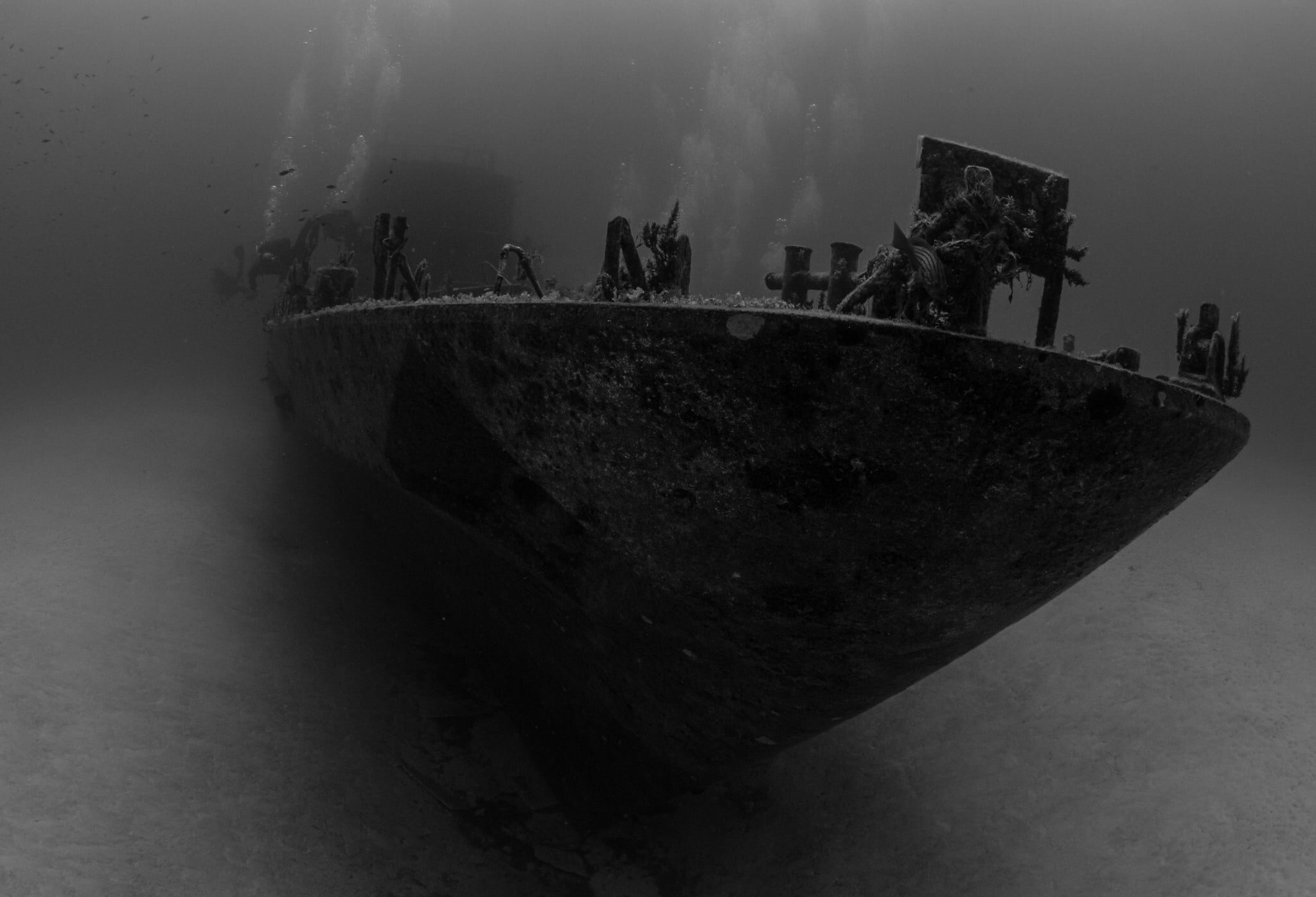
The recent Notice to Mariners 215 of 2023, issued by Transport Malta on behalf of the Department of Fishes and Aquaculture, reinstates permission for fishing within the conservation zones. The new guidelines state that surface fishing, including trolling lines and angling for pelagic fish, is now allowed in Conservation Areas, provided a safe distance is maintained from the wrecks.
This policy shift reinstates the previous situation where fishing boats routinely approached the conservation zones, covering only a few hundred square meters around the wrecks, while towing trolling lines to target pelagic fish. Allowing boats into these areas also encourages other vessels to navigate, regardless of whether they are engaged in fishing activities.
Over the years, numerous near misses have been reported, posing risks to Freedivers and Scuba Divers, and disturbing marine life due to excessive noise. Despite significant investments in scuttling wrecks and marketing the diving product in an archipelago where diving is a niche and valuable tourism market, the decision to permit navigation in these Conservation Areas appears contrary to safeguarding these vital zones.
The Department of Fisheries and Aquaculture, responsible for declaring these zones in the absence of a relevant authority managing such diving sites, seems to hold a different perspective. Questions are being directed to the relevant authorities, and the article is being brought to the attention of local and international entities.
If you are concerned about the marine environment, you can express your dissent by sharing this article with like-minded individuals and urging authorities to demonstrate the courage needed to protect these “Conservation Areas.” Although the Maltese legislation does not possess a law designating Marine Conservation Areas (MCAs), the archipelago follows various protection measures that include Natura2000 sites, Fisheries Management Zones, Marine Protected Areas (MPAs) and Wreck Conservation.
The world’s oceans are the lifeblood of our planet, teeming with diverse marine life and providing essential resources for millions of people. Recognizing the urgent need to balance human activities with the imperative to protect and sustain marine ecosystems, authorities around the globe are designating Marine Conservation Areas (MCAs) to serve as guardians of the sea.
MCAs are strategically chosen regions within the vast marine environment, set aside for the preservation and protection of biodiversity, habitats, and natural resources. These areas play a crucial role in maintaining the health of oceans and seas, promoting sustainable fisheries, and safeguarding the delicate balance of marine ecosystems.
One of the primary goals of MCAs is biodiversity protection. By establishing these areas, authorities aim to create safe havens where a rich tapestry of marine life, from vibrant corals to elusive marine mammals, can thrive undisturbed. Preserving this diversity is not only essential for the species within these ecosystems but also contributes to the overall resilience and stability of the marine environment. Habitat preservation is another key focus of MCAs and by doing so, MCAs ensure the survival of species that rely on specific environments for their life cycles.
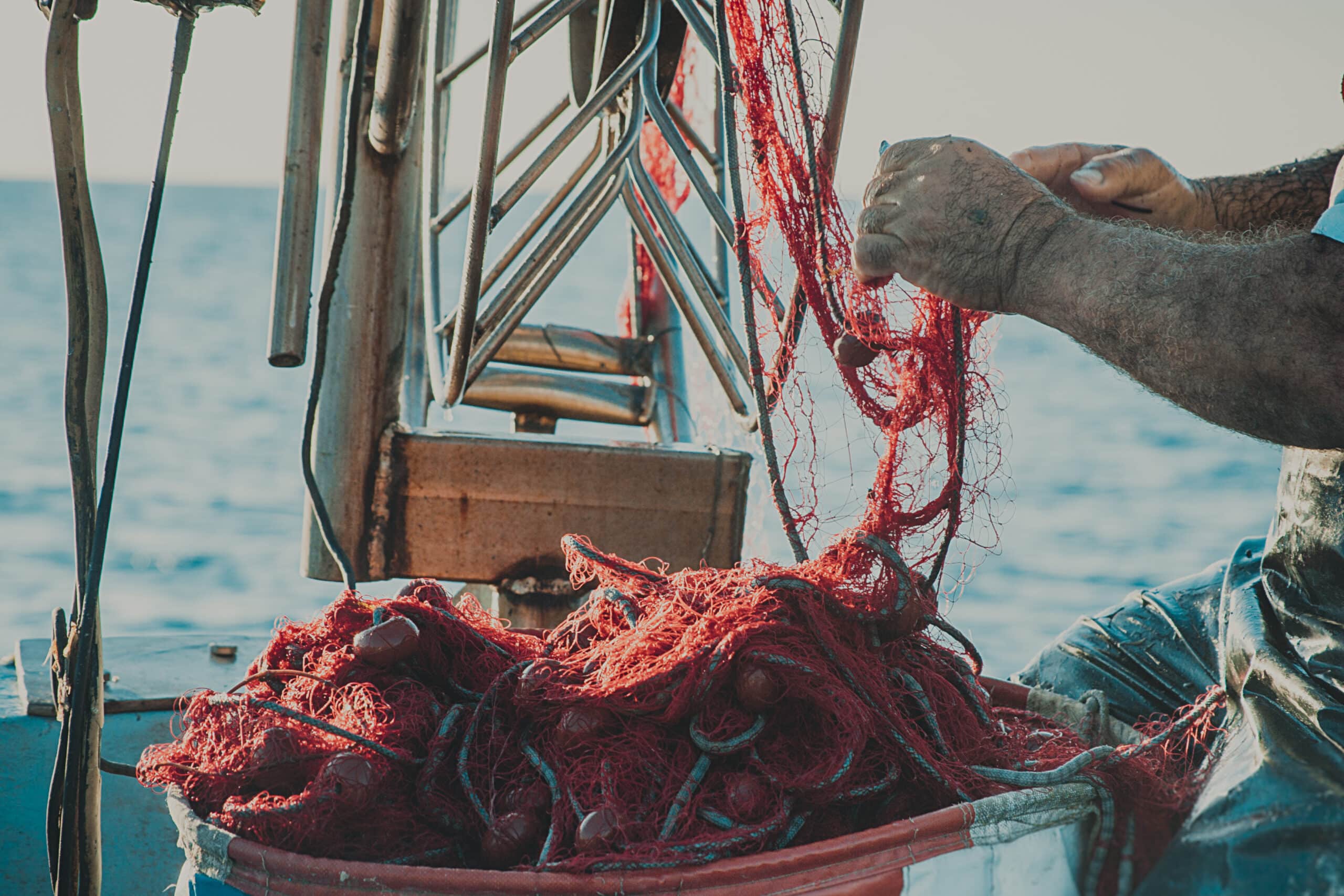
Effective fisheries management is integral to the success of MCAs. These areas are carefully regulated to prevent overfishing, promote sustainable fishing practices, and allow fish populations to replenish. By striking a balance between conservation and responsible resource use, MCAs contribute to the long-term viability of fisheries and the communities that depend on them.
Scientific research conducted within MCAs provides valuable insights into marine ecosystems, species behaviour, and the impacts of human activities. The knowledge gained from studying these protected areas informs conservation strategies and helps us better understand the complex interactions within marine environments.
MCAs also offer recreational and educational opportunities, allowing responsible activities such as snorkelling, diving, and eco-tourism. By engaging the public in these activities, MCAs foster awareness and appreciation for marine conservation, inspiring a sense of stewardship for the oceans.
In the face of climate change and increasing human pressures on marine ecosystems, Marine Conservation Areas emerge as beacons of hope, embodying the commitment to safeguard our oceans for future generations. These designated areas stand as testament to the profound importance of preserving the seas, not only for the myriad species that call them home but for the well-being of the entire planet.


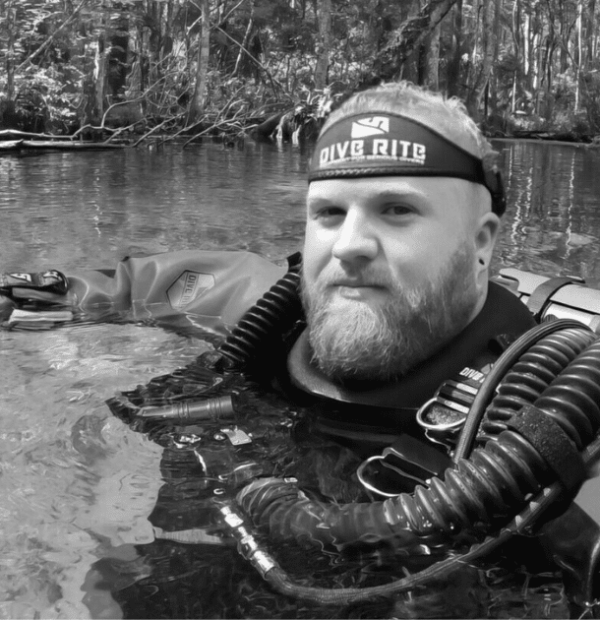

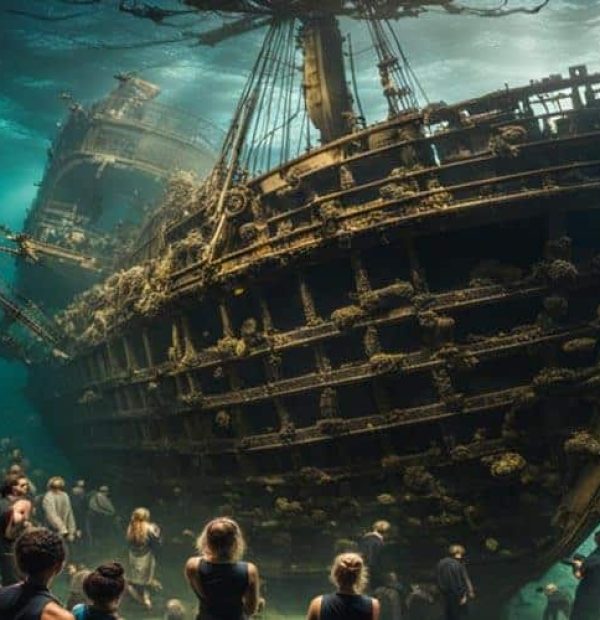
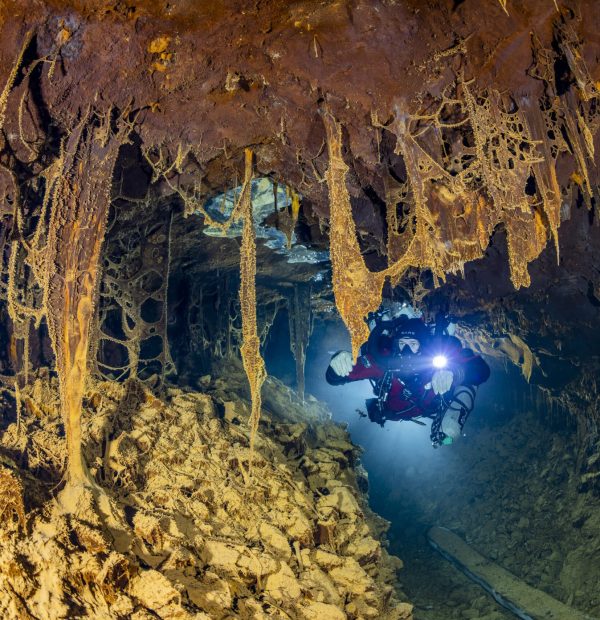
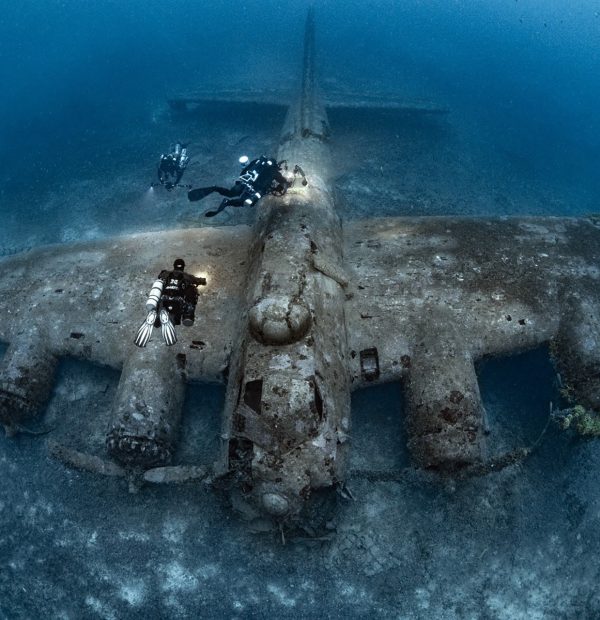
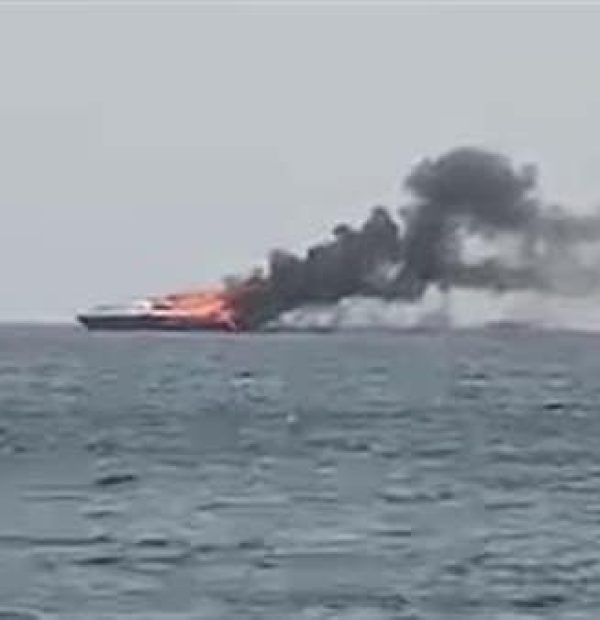
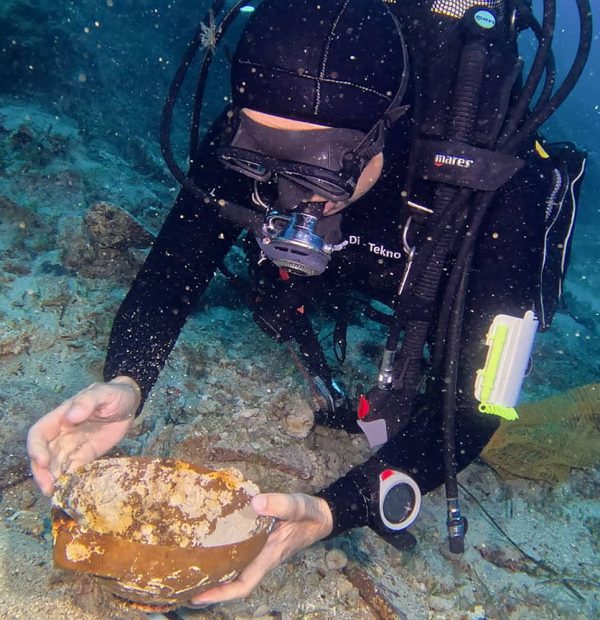

Welcome to DIVERS24.COM, your daily source of scuba news, freediving, scuba diving information, and equipment reviews. Our comprehensive coverage of the dive industry from A to Z provides you with all the latest scuba news, training updates, underwater photography tips, and everything else related to scuba diving. Whether you’re a beginner or an experienced diver looking for more knowledge about scuba gear or techniques – we’ve got it covered! With our in-depth articles written by experienced divers who have been there and done that, you are sure to find exactly what you need here at Divers24.com. Dive into scuba news today!
Underwater Media Sp. z o.o.
Szafarnia 11/F8,
80-755 Gdansk, Poland
Welcome to DIVERS24.COM, your daily source of scuba news, freediving, and scuba diving information. Sign in for a weekly news update and discount coupons for dive gear and apparel.
@2023 - underwatermedia.pl. All Right Reserved. Designed and Developed by Tworzenie stron internetowych Gdansk

The Divers24 portal is currently the largest online medium treating diving in Poland. Since 2010 we have been providing interesting and important information from Poland and around the world on all forms of diving and related activities.
Contact us: info@divers24.com